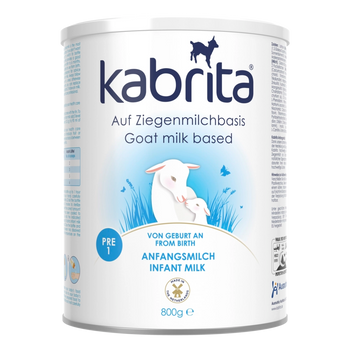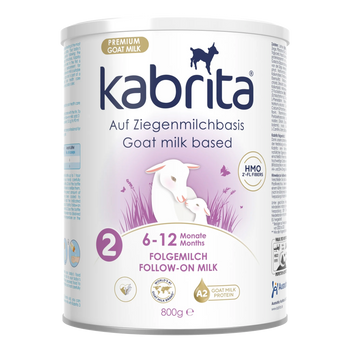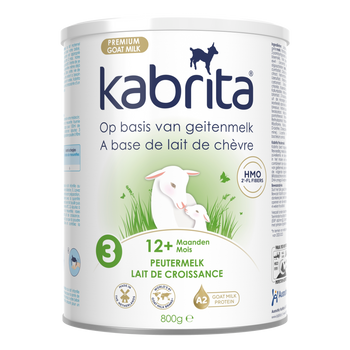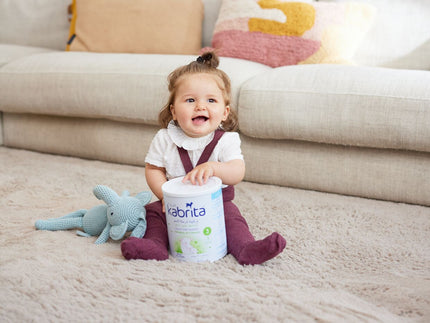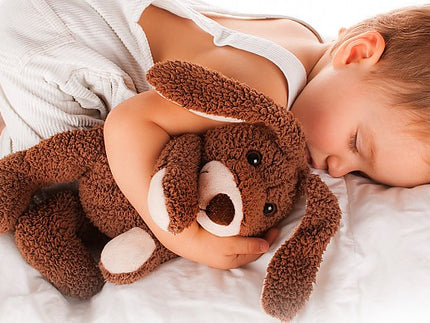Flu and fever in babies: what can you do?

What is the flu?
We often confuse colds and flu, but they definitely need to be viewed separately. In scientific terms, flu is caused by the influenza virus, and is most common in the autumn or early spring. It is transmitted in a similar way to a cold: your child can catch it by breathing in contaminated air, or through physical contact.
Is flu contagious?
There's a simple answer here: the flu is very contagious! It is transmitted through particles in the air, as well as physical contact, so your child is at danger when he or she is in contact with others who have the virus. Your child is at more risk if they go to a day care centre, or spend time with a childminder. One thing to bear in mind with flu in infants is that this disease spreads quickly when people are close together, and can be transferred through saliva. This is important because youngsters love putting toys in their mouths - an action which can easily lead to infection.
What is a flu epidemic?
A flu epidemic is just what it sounds like: a situation where many people have the flu at the same time. Officially, a flu epidemic period happens when 51 out of every 100,000 people have flu symptoms for at least two consecutive weeks. These periods are when babies are most susceptible to flu, with up to 30% of them falling ill.
Symptoms of flu
At first, the symptoms of flu in babies may seem similar to a cold. However, they are more severe, and can cause your child more problems. Here are some common symptoms of the flu:
- A runny nose
- A persistent cough
- A reduced appetite
- Shivering from cold
- A fever
- More crying than usual
- Feeling chilly
- Lethargic and wants to sleep a lot
Of course, a baby cannot tell you their symptoms, and there are more that you cannot see. These include headaches, muscle aches and sore throats. Despite all these symptoms, flu is generally not a serious illness. It can be very irritating and uncomfortable for your baby, especially as they cannot tell you how they feel. When a baby has the flu, they will usually react by crying a lot and seeming dizzy. Most babies will recover soon; however, it's important to always keep a close eye on your little one, as there is a chance that it will turn into a more serious condition, such as pneumonia.
Recovering from the flu
Because flu is a viral infection, there is no specific medical cure for it, and you will have to wait for it to work its way through the body. The best remedy is always rest. Keep your child inside and well-rested. If your baby wants to sleep, let them! A baby with the flu may need more sleep than usual. It's also important to replenish their fluids. Let them drink extra. Give them plenty of water, as well as an extra cup of Kabrita goat milk.
To see a quicker recovery from the flu, there are a few things you can do:
- Wash your hands, as well as your baby's, as often as possible. This will help reduce levels of bacteria, preventing further contamination.
- Resist the temptation to wrap your baby up too warm. Even if they're shivering, it's best to go for light cotton clothing which will be comfortable.
- Don't turn the heating up too high. A temperature of 20 degrees in the room is recommended.
How to mitigate symptoms of the flu
If your baby has a consistent runny nose, use a nasal aspirator to gently remove mucus. This will allow your little one to breathe more freely and sleep more comfortably. There are also special cough drinks for babies available, which can soothe sore throats and prevent a dry, itchy cough. If you think that your baby has a muscle ache or headache, a light dose of paracetamol can bring some relief. Be sure to read the packaging carefully, to find the right dosage for the age and weight of your baby.
Fever in infants
If your baby feels unusually warm or clammy, then use a thermometer to check their exact temperature to see whether or not they have a fever. The most reliable way of measuring a baby's temperature is with an anal thermometer. Use an electric thermometer for the most accurate readings.
* 37 ° C = normal body temperature
* between 37.5 ° C and 38 ° C = above average
* between 38 ° C and 40 ° C = fever
* above 40 ° C = high fever
If your baby is suffering from a fever, it's essential to make sure that he is getting enough fluids and drinking well. Be sure to give plenty of water or follow-on milk. Kabrita goat milk is a healthy, good choice to ensure that your youngster is getting the fluids they need. It's safe to offer an extra cup to a little one with fever.
Dealing with fever in babies
Just like the flu, fever has no perfect cure. After some time, it will pass, and patience is essential. Some symptoms of fever in babies may cause you to worry. Is your child refusing to eat? Don't worry too much about this, as when a baby has a fever, it's normal for their appetite to decrease. It's much more important to ensure that your little one continues to drink well, to avoid dehydration which can cause more serious health problems. Ensure that your baby gets plenty of rest. This does not necessarily have to be in bed. You can keep them close to you, but don't wake them too much or try to engage them in play if they'd rather sleep. Finally, be sure to give a child with a fever the close, extra attention that they need.
When should I go to the doctor with a fever?
Sometimes, it's important to contact the doctor about a baby with a fever. These are the cases that will require medical attention:
- Your baby is less than three months old.
- Your baby has had the fever for more than three days, with no decrease in temperature.
- Your baby does not want to drink.
- Your baby is vomiting, has diarrhea, or their skin colour has changed.
- The fever passes, then returns a few days later, at a high level.
- Your baby seems stuffed up, and has trouble breathing.
- Your baby is drowsy and hard to wake up.
- Your baby suffers from a seizure or convulsion. The body jerks, with the arms and legs shaking or pulling.
Generally, flu and fever are largely harmless. You can do little except try to relieve your child's symptoms. Until the flu or fever has left your baby's body, it's mostly a matter of resting well, drinking a lot and a little extra attention. Just be sure to keep an eye on the symptoms and look out for any escalation. If the flu has lasted two weeks without getting better, always go to the doctor.
About this article
This article is part of a series of articles about common baby ailments. The information in this article has been compiled with care and is intended to support young parents in dealing with your baby's flu and fever. Every child is different and that is why we always advise you to contact your GP in case of severe and / or persistent complaints.
